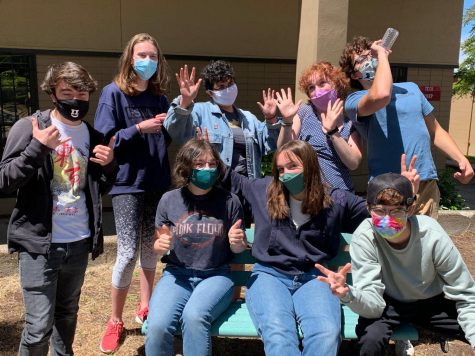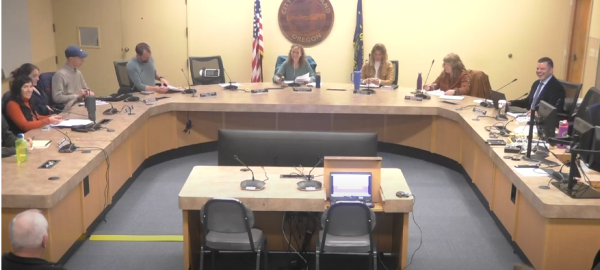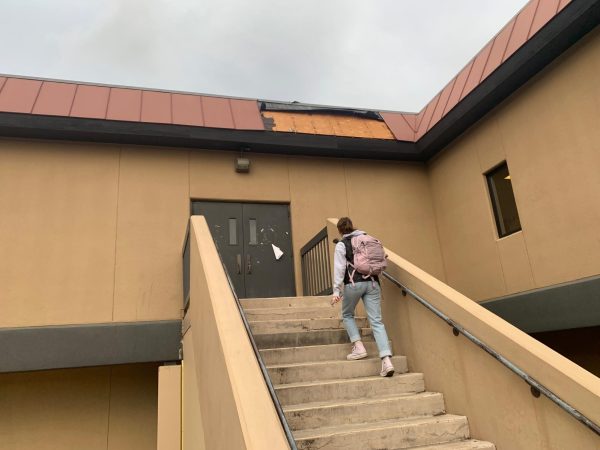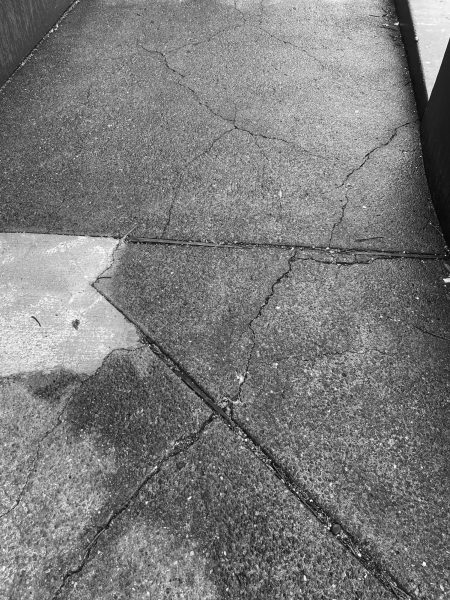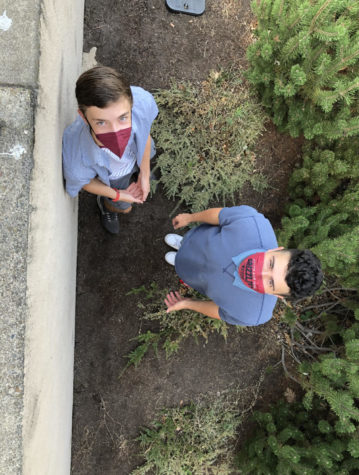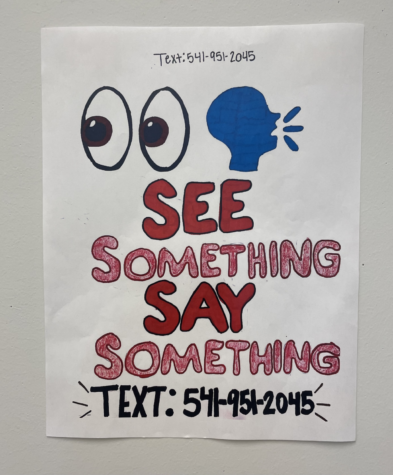Distance Teaching: The other side of distance learning
Most of us can agree that distance learning has been tough to say the least. Over the past year, it has proven hard to stay motivated while not being physically in school. The drastic increase of time on screens is a strain on our health, and we’ve all dealt with the newfound difficulties of managing our time at home. But did you ever stop to think about how all this might be impacting our teachers, their ability to educate, and their mental health? It’s important to keep in mind, while sitting checked out of our Zoom calls, that our teachers may experience the same feelings of stress, anxiety and even lack of motivation that we have all felt since the start of isolation.
In addition to spending the allotted class period on Zoom, teachers also have to plan lessons for each of their classes that is modified to be shared through a screen, ensures that every kid is still paying attention to class, and keep us all interested and learning something new. Many of our own teachers at Ashland High have been struggling to keep a connection with students, and two of members of the AHS faculty have offered their insight into the struggles, as well as a few positive aspects of teaching remotely.
Tammy Anderson, who is teaching Integrated Math 2, AP Calculus, and an Advisory class this year, has been teaching Math at Ashland High School for nearly thirty years, and reflects that this has been her hardest year of teaching yet. Unsurprisingly, it has been extremely difficult for teachers to connect with their students through online learning when nobody in their class has a camera on. “You can’t imagine how hard it is to just be looking at these blank screens. It makes teaching so much harder,” Anderson comments. However, like many others, Anderson also understands that it’s not always as simple as just clicking a button to turn your camera on. “I also respect that kids are in their private space. If I were at home, I wouldn’t necessarily share my space either, so I totally get that.” Similarly, Jesse Stonewood, (who you may know from your Integrated Science, Chemistry, or Biochemistry class) also struggles with the moral aspect of cameras. He articulates, “I really miss and enjoy seeing my students, but I feel that their right to privacy is more important than my want to have a really good Zoom class. Even though I think it takes away from the class, having so many students without their cameras on, I want them to be able to make that choice.”
Although the lack of camera usage is a concern, it is not the only difficulty that comes with distance teaching. “I miss seeing kids in the other activities that they really love, and being able to support them, and then talk to them about it in class. Not being able to do that has been really challenging and it’s not as fun,” remarks Anderson. Most of our teachers thoroughly enjoy simply getting to know us and make connections with their students throughout the year, which is now evidently much harder. Stonewood adds, “The biggest challenge for me, is just not being able to interact with students. It really complicates things across the board.”
Despite the fact that online school has not been an ideal learning platform for teachers, Anderson and Stonewood both have taken away some positive experiences and lessons from the current situation. Stonewood has enjoyed how much creative freedom distance learning has allowed students, and all the projects and ideas that take place outside of in-person school. “I love seeing what students are able to do when they have the time and space to work on something for a while.” Anderson has noticed the positive affect it has had on the curriculum for years to come, and how much intention now has to be put behind the lesson for this year. “Teachers are having to evaluate their curriculum and look at what’s important and what’s not. What do we really want kids to know?”
It’s important for students to acknowledge that teachers are doing their best to support them and make this the most positive experience it can be. AHS faculty members are doing much to make their classes enjoyable under incredibly demanding circumstances. That being said, students also need to make sure they are doing their part by being there for them. So, the next time you go into class, ready to have your camera and microphone off for the duration of the period, take a moment and think about how much work your teacher has put into the approaching lesson, and how you can help to make their Zoom call a little more enjoyable too.





